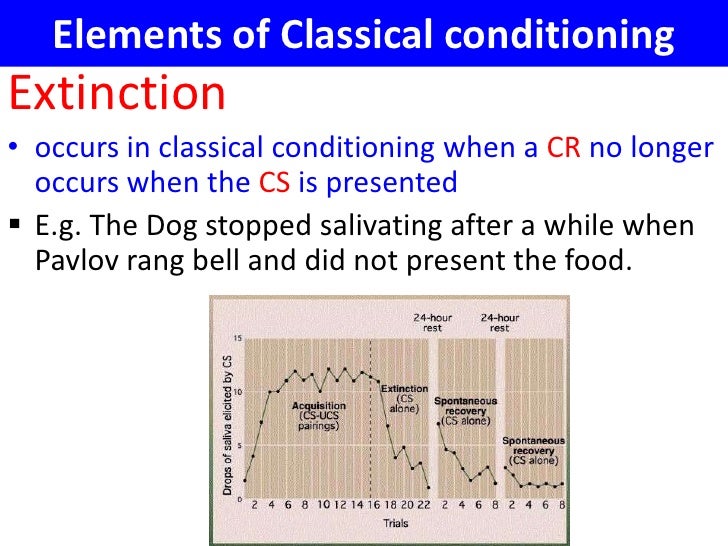Pathological Gambling Experiment
Pathological gambling (PG) is a relatively common disorder associated with significant personal, familial, and social costs. The condition is currently classified as an impulse control disorder, although similarities exist with other disorders, particularly substance addictions. Pathological gambling caused by excessive. The researchers conducted an experiment on compulsive gambling patients using a standard experimental economics task and a mathematical. In the present experiment, the authors tested the 'big win' hypothesis by having 4 groups of participants with little to no experience gambling play a computer-simulated slot machine for credits that were exchangeable for cash. One group experienced a large win on the very 1st play. Another experienced a large win on the 5th play. Gambling addiction, also known as pathological gambling, compulsive gambling, problem gambling, or gambling disorder involves maladaptive patterns of gambling behavior that the individual persists with, despite negative consequences. This is consistent with behavior patterns observed in other addictions. The results of brain imaging studies suggest that pathological gambling and SUDs may originate in the same area of the brain. 22,23 Impulsivity in childhood has been related to the onset later in life of pathological gambling and SUDs.
- Pathological Gambling Experiment Definition
- Pathological Gambling Experiment Games
- Pathological Gambling Experiments
- < Previous
- Next >
Home > Graduate School > ETD > DISSERTATIONS > 524
Title
Author
Date of Award
8-1-2012

Degree Name
Doctor of Philosophy
Department
Rehabilitation
First Advisor
Dixon, Mark
Abstract
Pathological Gambling Experiment Definition
The current set of three proposed experiments focused on integrating neurological and behavioral levels of analysis in the context of pathological gambling. A thoroughgoing analysis on previous gambling research was explored and discussed in the first four chapters. Specifically, this analysis outlines: similarities between pathological gambling and other substance addictions, new technological advances (i.e. functional magnetic resonance imaging), verbal behavior in general and its role in pathological gambling specifically, and treatment assessments and interventions. Three experiments were then developed and designed based on the outcomes suggested by the literature review. Experiment I determined the effectiveness of the Gambling Functional Assessment (GFA; Dixon & Johnson, 2007) as a clinically relevant gambling assessment tool. Experiment II also investigated neurological differences between pathological gamblers. Similar to other behavioral and substance addictions, limbic and cortical brain systems are activated during gambling related tasks and activities. However, as gambling pathology increases, brain activation in these regions have been reported to decrease, and it is unclear how pathological gamblers brain activation patterns differ across function maintaining gambling (i.e. attention, escape, sensory, and tangible maintaining functions). Therefore, Experiment II built upon the findings of Experiment I by contrasting brain activation images from the two highest maintaining functions of play, as indicated by the GFA. Concomitantly, Experiment III assessed function based assessment and treatment of pathological gamblers, by comparing brief 30 min exposure to function based or non- function based Acceptance and Commitment Therapy for gamblers. Results from both studies suggested differences in brain activation patterns, yet similarities across subjective closeness to win ratings of the slot machine. Furthermore, brain activation patterns did not change following function based therapy, while subjective ratings in the function based treatment group decreased. Implications for brain-behavior relationships both in a gambling context and in relation to behavior therapy will be discussed.

Share
Pathological Gambling Experiment Games
Access
Pathological Gambling Experiments
This dissertation is only available for download to the SIUC community. Current SIUC affiliates may also access this paper off campus by searching Dissertations & Theses @ Southern Illinois University Carbondale from ProQuest. Others should contact the interlibrary loan department of your local library or contact ProQuest's Dissertation Express service.